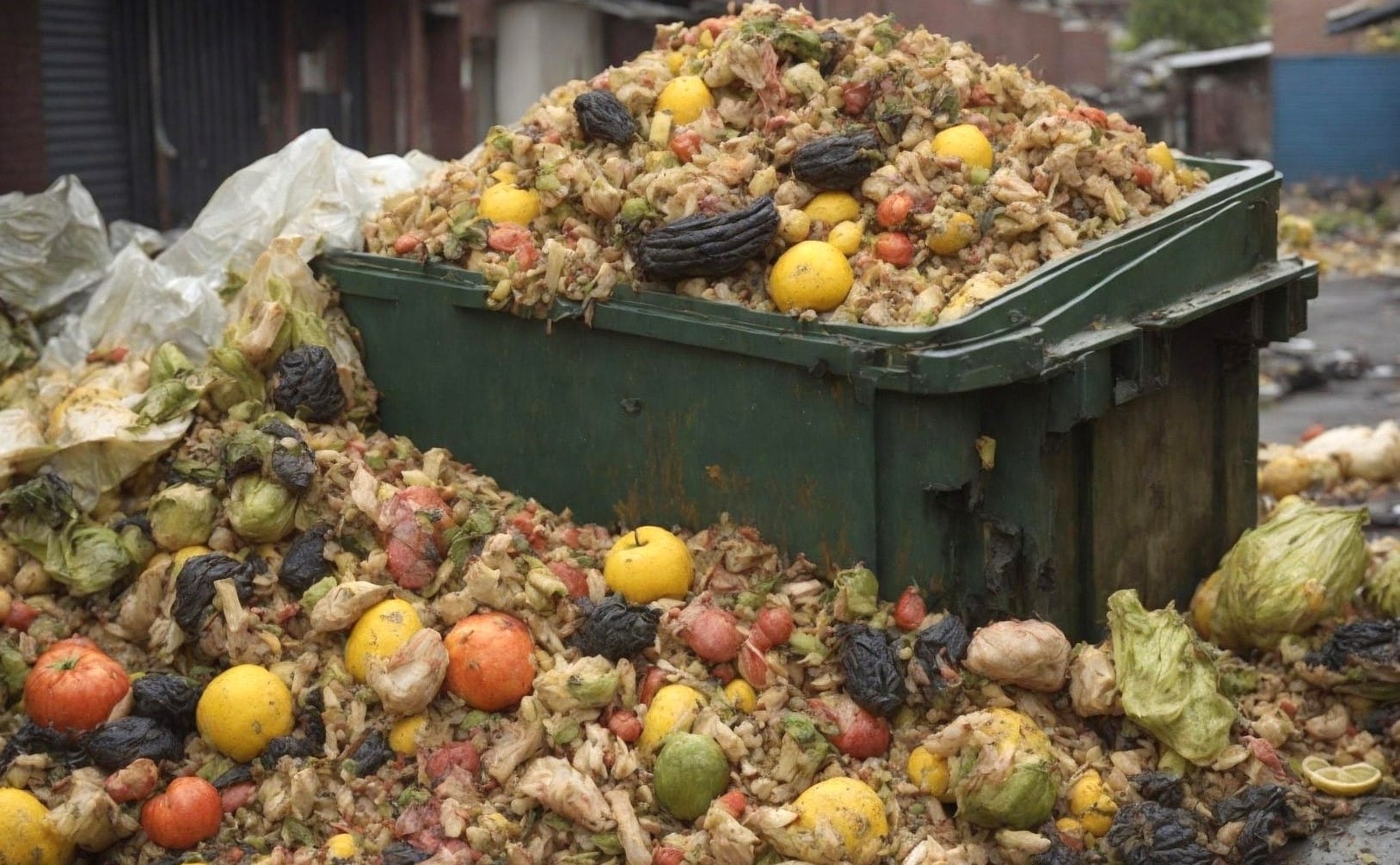
Black Soldier Fly Larvae and Contaminated Substrates: Risks and Implications
Black soldier fly (BSF) larvae are known for their ability to consume a wide range of organic waste, but their capacity to process contaminated substrates, such as those with pathogens, mold, heavy metals or pest insects, raises important considerations for their nutritional value, usability and frass safety.
Pathogens and Mold:
BSF larvae can reduce microbial loads of certain pathogens, such as Staphylococcus aureus and Clostridium perfringens, through their digestive processes, but not all pathogens are eliminated. Studies show that substrate composition and larval density influence bacterial community composition, which impacts microbiological safety.
Mold toxins (mycotoxins) may persist in substrates, as BSF larvae do not bioaccumulate mycotoxins significantly. However, these toxins can still affect substrate usability.
Heavy Metals:
BSF larvae can accumulate heavy metals (e.g., cadmium, lead), which affects their nutritional value and safety for animal feed. Bioaccumulation rates vary by metal type, with cadmium showing higher rates. Frass from substrates contaminated with heavy metals may also pose risks for agricultural use due to soil contamination potential.
Pest Insects:
Pest-infested substrates may introduce additional pathogens or contaminants but do not significantly affect the larvae’s nutritional value. Proper substrate management is necessary to mitigate risks.
Effects on Nutritional Value and Usability:
Contaminated substrates compromise the larvae’s safety and nutritional profile due to accumulated heavy metals or persistent pathogens. This limits their use in animal feed.
Frass composition depends on substrate quality. Contaminants like heavy metals or harmful microbes can render frass unsuitable for agricultural use unless proper substrate testing is conducted.
Conclusion:
While BSF larvae are robust and can process some contaminated substrates, the presence of pathogens, mold, heavy metals or pest insects can negatively impact their nutritional value and safety, as well as the usability of frass. Careful substrate management and contamination testing are essential to ensure the larvae and frass remain safe and effective for their intended applications.
Learn more about BSF farming in the
Insect Farm Hub!
Manna Insect has launched a comprehensive insect farming platform designed for learning, managing, monitoring and networking. There are tons of free content about insect farming, as well as a lot of paid premium content, that dives even deeper in black soldier fly business.
Cover picture: Image by Pete Linforth from Pixabay
Read also:
What do Black Soldier Fly Larvae Eat?
Can parasites be a threat to BSF farming?
